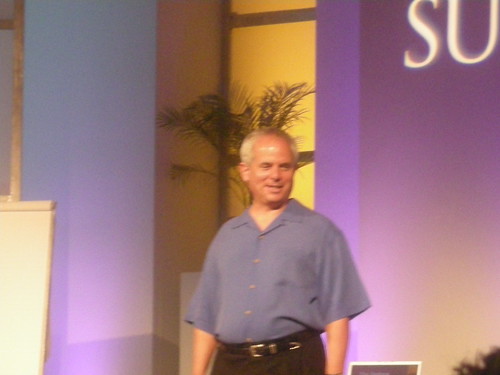
Self-deception is a common theme with people who are controlled by irrational fears. In order for someone to continue to live in a pattern of neurosis, they must be able to justify their fear to themselves and to others. A common characteristic with such people is self-righteousness and anger.
“Suppose we were able to share meanings freely without a compulsive urge to impose our view or conform to those of others and without distortion and self deception. Would this not constitute a real revolution in culture?” ~ David Bohm
It is very important to remember we do not live in a vacuum. We deal with other people in all areas of our lives. One key to intimate relationships is accepting that we cannot convince everyone, even those who are closest to us, to see things exactly the way we do. When there are differences in opinion, we either choose to accept these disagreements or sabotage, and possibly end, the relationship. With each disagreement we must ask ourselves, “Is this worth the relationship?” It is important to determine whether the disagreement is a simple difference of opinion or a breach of principle. If I am willing to risk a relationship because of a difference in opinion, it is probable that I am allowing myself to be controlled by irrational fears. Perhaps my fear is that I am not important or what I have to say is not thought of highly. Either way the fear is self-centered and irrational.
One way irrational thought enters the equation is when we allow our opinions to justify our fears. For example, if someone is afraid that people are always trying to take advantage of them, they will isolate themselves to the point of having minimal interaction with other people. In their minds, they are insulating themselves from a world that is brutal and harsh. They convince themselves to not rely on anyone. Anyone trying to get close is doing so because of ulterior motives. They see anyone with a different opinion as a threat to their security. Their lives are controlled by their fear and their anger is always at a low boil. These people wind up lonely as a result of their unwillingness to be flexible.
Here are some simple ways to identify irrational fear and begin the process of change:
1. Write down five ways you have made other people responsible for your inability to change. (Example: I can’t change because my partner abuses alcohol.)
2. Write down an irrational fear you have held on to which puts other people in a position to be manipulated. How long have you had this fear? What/who are you able to avoid as a result of this fear?
3. Write down how your life would be different if you didn’t have this fear.
Think about how free you feel whenever you let go of a false belief or a layer of self-deception. This liberation allows you to grow in ways you wouldn’t imagine. Give yourself the opportunity to move forward!
 One of the most difficult things to do is to find peace. It sounds very easy in theory, but we have a ton of distractions. Some of these distractions are positive, like falling in love or an exciting challenge at work, and some are very toxic, like resentment or anger. One of the keys to a fulfilling life is to remove as many toxic distractions as possible in order to focus on relationships and activities that bring us joy. Of course there are situations and actions of other people over which we have no power or control, but we always have control over our responses.
One of the most difficult things to do is to find peace. It sounds very easy in theory, but we have a ton of distractions. Some of these distractions are positive, like falling in love or an exciting challenge at work, and some are very toxic, like resentment or anger. One of the keys to a fulfilling life is to remove as many toxic distractions as possible in order to focus on relationships and activities that bring us joy. Of course there are situations and actions of other people over which we have no power or control, but we always have control over our responses.
